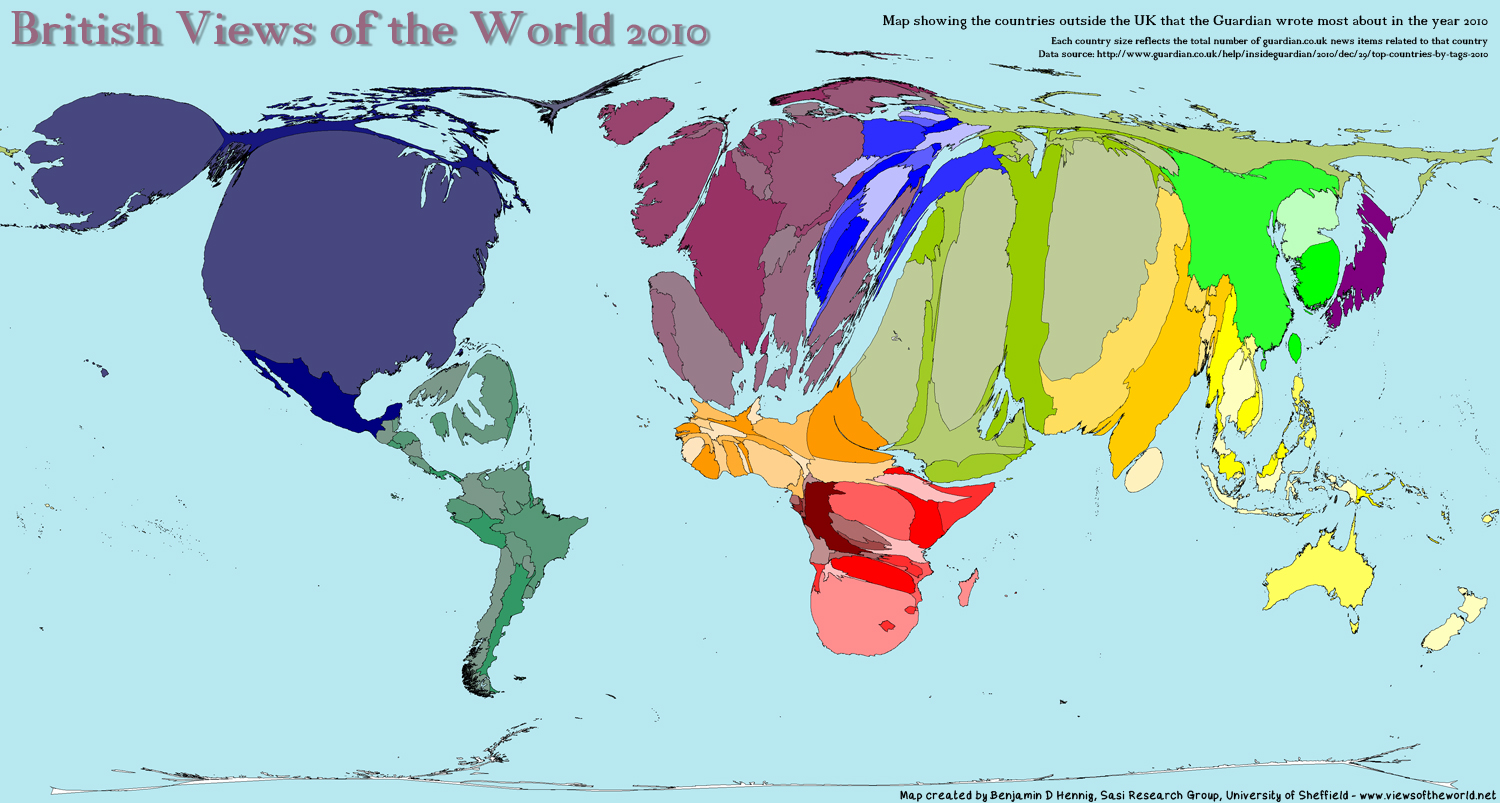1) The ITIC documents ‘Reactions to the Deaths of Fuad Shukr and Isma’il Haniyeh’.
“Nasrallah claimed that Israel lied when it accused Shukr of murdering the children of Majdal Shams, adding that Israel’s counterattacks were not in response to the attack on Majdal Shams but rather an aspect of Israel’s war. He alleged that Hezbollah had the courage to admit its mistake and claimed that Israel was unable to admit that the damage to Majdal Shams had been caused by an Israeli interceptor missile. Nasrallah was lying, and all the data and facts presented by the IDF proved that Hezbollah had carried out the attack.”
2) At the JCPA, Khaled Abu Toameh explains the absence of large demonstrations in PA controlled areas after Haniyeh’s death.
“Although public opinion polls conducted in recent years have indicated a rise in support for Hamas among West Bank Palestinians, the number of demonstrators who took to the streets to protest against the July 31, 2024, targeting of Haniyeh was notably low. Hamas was hoping that the killing would trigger an “earthquake” in the West Bank, as well as several Arab and Muslim countries. Some Hamas officials had called for a “day of rage” in the West Bank during Friday prayers.
In Hebron, a longtime bastion of Hamas sympathizers, only a few Palestinians responded to requests to stage a public demonstration over Haniyeh’s death. Some Hamas critics took to social media to mock the poor attendance. Similar small protests were held in Ramallah, Bethlehem, Nablus, Jenin, and Tulkarem.”
3) At the Times of Israel, Gianluca Pacchiani reports on ‘How Hezbollah suppresses dissent inside Lebanon’.
“An Arab Barometer survey conducted between February and April and published three weeks ago revealed relatively scant support for the Iranian proxy among the Lebanese population. Only 30 percent of respondents said they have “quite a lot” or “a great deal” of trust in Hezbollah, whereas 55% said they have “no trust at all.”
Results vary widely between sects. Among the Shiite population, 85% said they deeply trust Hezbollah, but a mere nine percent of Sunnis and Druze, and only six percent of Christians, said they do.”
4) Writing at Forbes, David A. Deptula reports on his recent visit to the Gaza Strip.
“Gaza presents an extraordinarily difficult adversary environment. Yet the Israel Defense Forces face the acute challenge of defending their nation while striving to protect Palestinian civilians. Unfortunately, negative perceptions on social media and elsewhere, based on a combination of disinformation, ignorance, and anti-Semitism, indicates there is a wide gap between the reality I witnessed and the perceptions abroad. Sadly, war always involves civilian casualties. But there are many complex factors unfolding on the ground in this war between Israel and Hamas.”
5) At the INSS, Danny Citrinowicz looks at ‘Iran in Latin America’.
“An analysis of the relationship that Iran enjoys with many Latin American countries highlights how different Argentinian policy vis-à-vis Tehran is and, indeed, its uniqueness. Iran has significantly intensified its operations in Central and South America, especially since the start of the so-called Pink Tide in that region, and an increasing number of countries have opted for closer relations with the Islamic Republic.”





